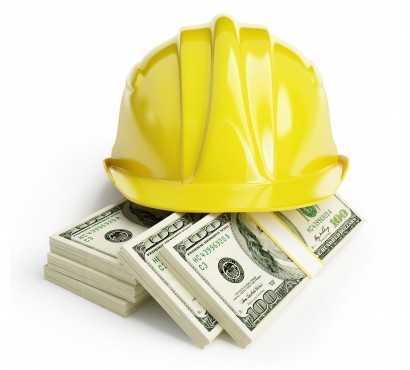If you are already a homeowner, you must have heard about the famous impact fee.
An impact fee is imposed on new developments for the purpose of generating revenue to improve local government’s coffers to help pay part of the cost for growth-related infrastructure. For a long time, local governments have been extracting fees and taxes for different capital projects, such as:
- Storm water management
- Subdivision streets
- Water and sewer hook-up
- Curbs and sidewalks
- Pumping stations
- Open spaces conservations
- Forest conservations
While impact fees are imposed on builders for new infrastructure projects, the taxes are often passed on to the consumer in varying degrees. This, in turn, puts pressure on homeowners; thus, hindering homeownership among blue collar residents.
Local government often find themselves in the middle of constant arguments over impact fees. While developers want the government to relax the fee, local governments are thinking otherwise. Originated in the late seventies, impact fees have since been seen as a thorn in the side of developers.
On March 6th 2018, Lee County commissioners voted on a new base rate of fees on new development with a 45% increase over the last rate. At the new 45% increased rate, builders will pay $8,478 in impact fees on a single-family home. This represents an increase of 38% over the existing cost of $6,138. These fees are required once a builder receives a building permit from the county.
Subsequently, county commissioners also agreed to conduct a study every five years to determine the base rate for future impact fees. As it stands, builders in Lee County will still only be required to pay 45% of the impact fee base rate until such time the next study is completed. But commissioners also agreed to add a modest annual increase of 2.5% to the aforementioned 45% increase each year. That means, fees on a single family home will increase by $446 in each of the next four years, for $1,800 in increases by 2023.
The county’s decision created a split amongst parties who support returning the fee to 100% and the others who demanded the fee remain the same. While the former were retired or more established residents, the latter were developers and younger residents looking forward to building their first home in Lee County.
Many people also argue that impact fees indirectly fall on families searching for affordable housing options in Lee County. Raising impact fees could have a negative impact on the local housing market as less number of people will be able to afford new homes. Thus, affecting construction jobs.
As Southwest Florida local governments struggle to find innovative ways to provide housing for blue collar workers. Thus, it is believed that any further increase of impact fees could hinder low income residents from achieving homeownership in Lee County. Blue collar workers, who have large families would certainly feel the pinch of increased impact fees as it would price them out of an already expensive local housing market. As a result it is argued that any further increase of impact fees could pose an immediate threat to blue collar jobs and those future would-be homeowners.
Share your thoughts on Impact Fees levied by Lee County’s local government on properties.

